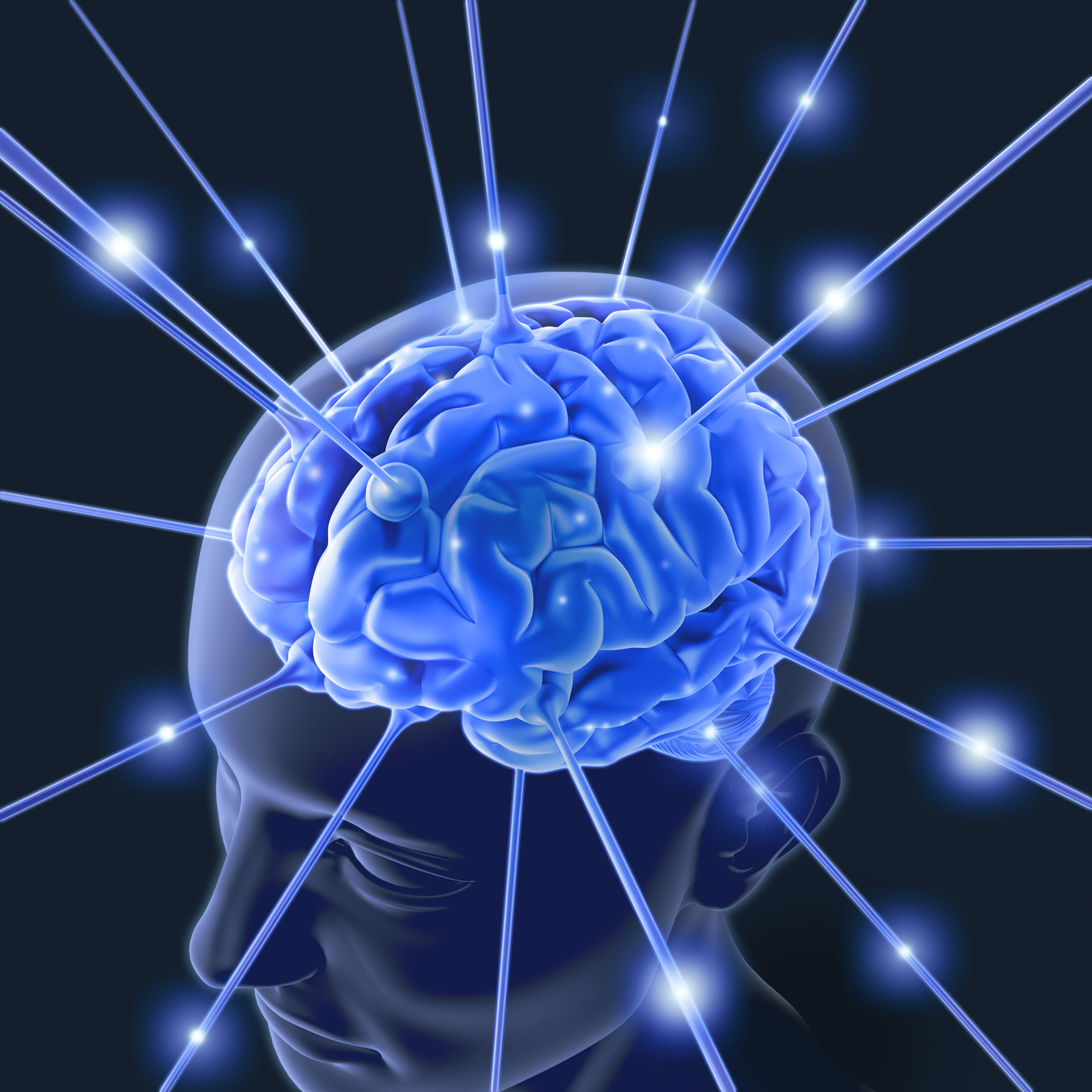The clouds clear, and strong sunlight and intense shadows return to the parkland. The big sycamore leaves and the little oak leaves hang motionless in a bright blue sky.
As attention gathers in the act of listening to every sound as it happens without naming, and watching every thought and emotion as they arise without choice, the mind-as-thought falls silent. Even the duality between the outer and inner movements ends.
Independently, five guys on bicycles ride by on the pedestrian road across and above the creek, each blaring some form of music from their handlebars. Four young men and one old fart, the young men playing rap or jazz, the old guy playing old fogey music.
Is there nothing but darkness, and its negation in meditation in the individual? Or with negation and the silence and renewal following the ending of thought are human beings instruments for the work of transmutation and psychological revolution?
There certainly isn’t any evidence at this point that enough humans are radically changing to change the disastrous course of humankind.
 I feel the human brain, and all brains in the universe of similar capacity, are vehicles for the numinous when thought falls completely silent in self-knowing and attention.
I feel the human brain, and all brains in the universe of similar capacity, are vehicles for the numinous when thought falls completely silent in self-knowing and attention.
So are there any other animals on this planet with this capacity? Orcas are very smart, and some whales have tremendous awareness. Do they have what anthropologists call self-awareness however? That’s a misnomer, because it means the knowledge of a separate self as they use the term. No other animal on earth constructs and has knowledge of a self.
So-called self-awareness is a very different thing than self-knowing. The evolution of the neo-mammalian brain on earth entailed reaching a certain cognitive threshold, enabling both the construction a self and the knowledge of it.
Apparently the capacity for self-knowing required reaching the cognitive threshold that allowed the fabrication of a self before the negation of self. Those are the horns of the human dilemma.
Self-knowing is the moment-to-moment awareness of one’s senses, thinking, feeling and behavior without filtering awareness through the self and symbols. Everyone knows they have a self, but very few people are self-knowing.
The self like a dark gas giant that emits no light but has many moons. Essentially, the ‘I’ is just a bundle of thoughts and images, with no more significance and little more duration (even though it usually lasts a lifetime) than any other fleeting thought.
There is a simple way to see the difference between knowing about self and the art of self-knowing. Instead of saying to oneself, ‘I am angry’ (admittedly many people aren’t even aware they are angry when they are angry), try saying, ‘there is anger.’
Doing so takes the illusory self as the center out of the equation, and allows one to observe and remain with anger or whatever without separation.
Descartes’ “I think, therefore I am” poured the now rotten foundation of the modern Western mind. Descartes mistakenly took the ‘I’ as a given when should have asked, what is the ‘I?’ If he had, he may have said, ‘I am, therefore I think.’
It would then have logically followed: when the program of the ‘I’, the separate self, is not operating, thought is not operating. And when thought is not operating, the self ceases to be.
Without the ‘I,’ what is observing and aware? Simply the brain. The brain is, therefore awareness is; and awareness is, and therefore the brain is. Thought, thinking and self have nothing to do with it, and occlude awareness, making us like planets in permanent shadow as long as we have no insight into self and thought.
One thing’s for sure—the ‘I’ is going to die. It ends when we expire, which is why so many people fear death. Then why not end the self while fully alive?
When we end the program of the self in undirected attention to the entire movement of thought, we don’t fear death. Because in ending the ‘I’, the brain comes into contact with the actuality of death, which is inseparable from life and is occurring every moment.
The ending of the observer in passive watchfulness gathers undirected attention, which ends thought/time, which allows awareness of the moment-to-moment actuality of death, which brings the benediction.
Martin LeFevre

